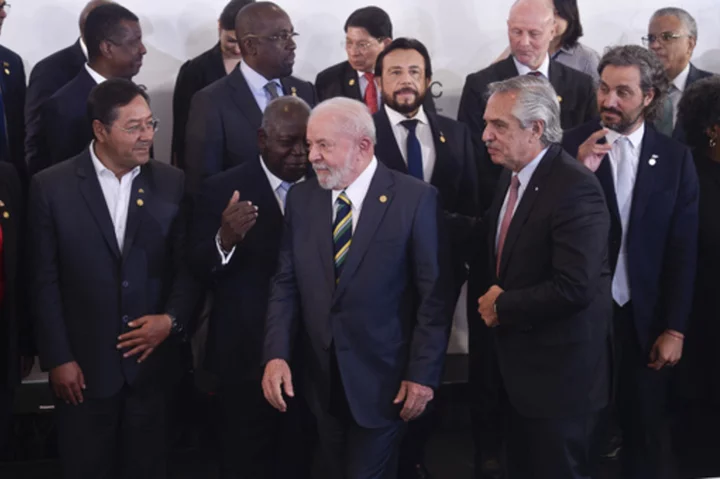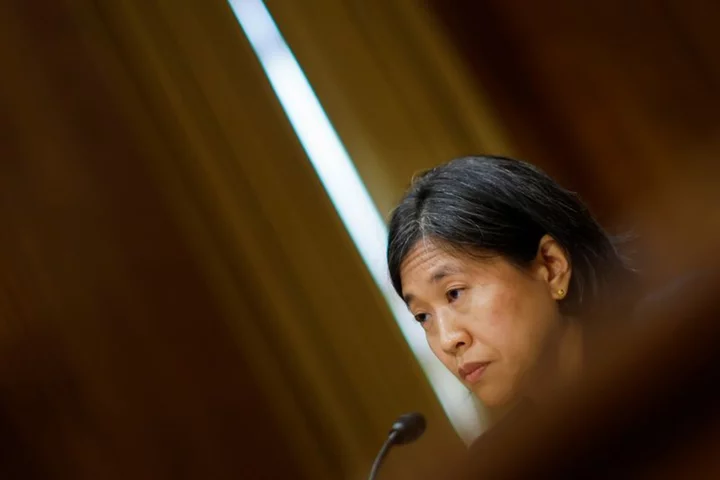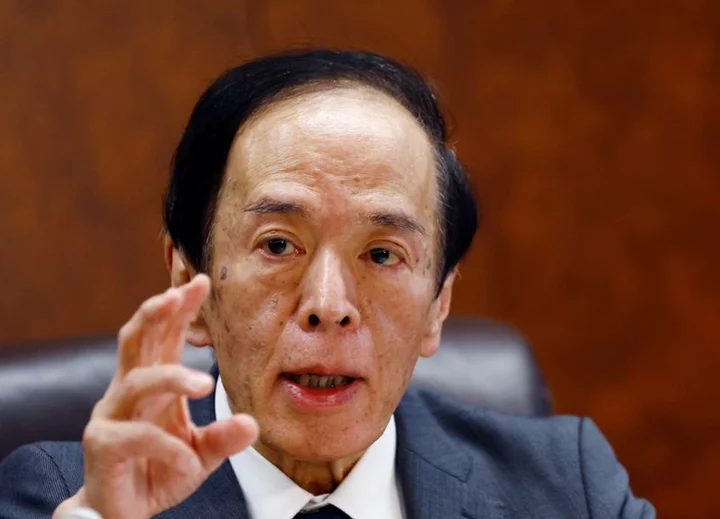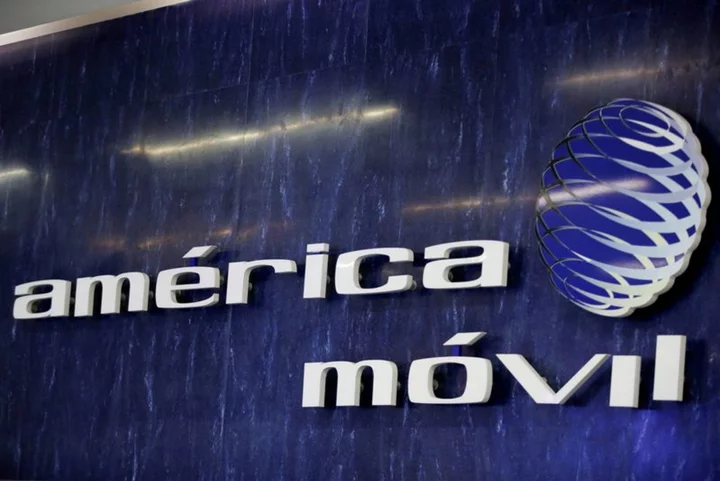BRUSSELS (AP) — Leaders from the European Union and Latin America are gathering for a major summit of long-lost relatives starting on Monday. Whether it will be a joyful meeting of long-lost friends remains to be seen.
Their last such encounter was eight years ago. Since then, the COVID-19 pandemic and Brazil's three-year departure from the 33-nation Community of Latin American and Caribbean States — or CELAC — had made the Atlantic Ocean separating the two sides seem wider.
And division ranging from Russia's war in Ukraine to trade, deforestation and slavery reparations has given extra spice to a two-day summit that will now already be considered a success if all agree to meet more frequently from now on.
The 27-nation EU certainly takes it share of the blame for the estrangement.
"For too many years, Europe has been turning its back on what is, without a doubt, by far the most Euro-compatible region on the planet,” said Foreign Minister José Manuel Albares of Spain, which holds the rotating EU presidency.
Several EU nations have ties to the Americas going back centuries and was for so long based on exploitative colonialism and slavery. And even since the nations wrested independence from European powers, sometimes as long as 200 years ago, trade was seen for too long as a one-way street where Europeans stood to benefit first and foremost.
In the 21st century though, China has steadily been pushing its influence and trade outreach deep into Latin America, and the EU realizes it has a geo-strategic battle on its hands.
“A lot of European companies have lost ground,” said Parsifal D’Sola, executive director of the Center of Chinese-Latin American Investigations.
“There is an overall interest in counterbalancing the economic influence that China has throughout the world, but in this particular case in Latin America,” D’Sola said.
The EU has called China a “ systemic rival ” for four years now, and has seen Beijing rapidly encroach on Europe's age-old interests in Africa, and Central and South America. Up to a point that D’Sola now warns that China’s flexibility and heavy investment in a variety of sectors will make it difficult to truly pull influence away from Beijing in the way that EU nations may desire.
Still, there is no underestimating Europe's continued clout in Latin America, especially when it comes to the economy. The latest figures show that annual trade between the two blocs has increased by 39% over the past decade to 369 billion euros ($414 billion). EU investment in the region stood at 693 billion euros ($777 billion), a 45% increase over the past decade. The EU already has trade deals with 27 of the 33 CELAC nations.
It is also why the elephant in the room will be the huge EU-Mercosur trade agreement between the EU bloc and Brazil, Argentina, Paraguay and Uruguay, which now still lays foundering for five years just short of full ratification.
Several EU nations have powerful farm lobbies that seek to keep competition from beef producing nations like Brazil and Argentina at bay. And after then Brazilian President Jair Bolsonaro allowed Amazon deforestation to surge to a 15-year high, EU nations have been insisting on tougher environmental standards.
When Luiz Inácio Lula da Silva, who succeeded Bolsonaro this year, and took the presidency of Mercosur in early July, he called the threat of EU sanctions “unacceptable.” Before the summit, EU officials were at pains to insist that sanctions on countries that fail to comply with the 2015 international climate Paris Agreement weren't on the table this week and lauded Lula's efforts to turn back rampant deforestation.
Overall though, “there’s a disposition on both sides to finally get the deal off the ground,” said Caio Marcondes, a political scientist from the University of Sao Paulo.
Russia and the war in Ukraine is now also a point of division instead of a natural unifier. CELAC has member nations like Cuba and Venezuela, whose views on Russia constrast with just about every EU nation. There was initially an expectation that Ukrainian President Volodymyr Zelenskyy would address the summit. That idea has now been shelved.
Such issues have seriously complicated drafting a joint summit statement, which was long expected to be a long and detailed text, but is now quickly turning into a “shorthand declaration,” a senior EU official involved in the drafting said. He spoke on condition of anonimity since talks were ongoing.
He also didn't expect “any particular breakthrough” on the Mercosur deal or other outstanding trade agreements, but added that the summit could create momentum "that all of these trade agreements are coming together this year.”
____
Megan Janetsky in Mexico City, and Eléonore Hughes in Rio de Janeiro, contributed to this report.









